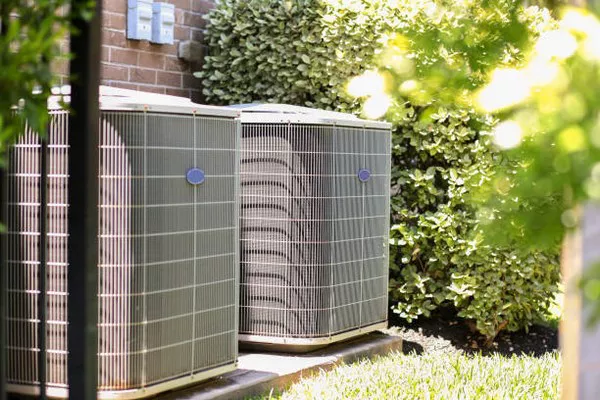In the realm of modern technology, the quest for efficiency and sustainability has become paramount. Nowhere is this more evident than in the evolution of appliances, where innovations continually strive to enhance performance while minimizing environmental impact. One such innovation that has revolutionized the refrigeration industry is the digital inverter compressor.
Introduction to Digital Inverter Compressors
Digital inverter compressors represent a significant advancement in the design and functionality of refrigeration systems. Unlike traditional compressors that operate at fixed speeds, digital inverter compressors have the ability to vary their speed according to the cooling demands of the refrigerator or air conditioning unit. This dynamic operation allows for precise temperature control and energy savings, making them an attractive option for both consumers and manufacturers.
How Digital Inverter Compressors Work
At the heart of every refrigerator or air conditioning unit lies a compressor, responsible for circulating refrigerant through the system to extract heat from the interior space. Traditional compressors typically operate in an on-off fashion, cycling on at full capacity when cooling is required and then shutting off once the desired temperature is reached. This constant cycling can lead to energy inefficiencies and temperature fluctuations.
Digital inverter compressors, on the other hand, utilize advanced electronic controls to modulate the speed of the compressor motor. By adjusting the motor speed based on real-time cooling needs, digital inverter compressors can maintain a more consistent temperature while consuming only the necessary amount of energy. This variable-speed operation not only improves energy efficiency but also reduces wear and tear on the compressor, leading to longer-lasting appliances.
Key Features and Benefits
Digital inverter compressors offer a host of benefits that set them apart from traditional compressors:
Energy Efficiency: By operating at varying speeds, digital inverter compressors consume only the amount of energy needed to maintain the desired temperature, resulting in significant energy savings over time.
Precise Temperature Control: The ability to adjust compressor speed allows for precise temperature control, minimizing temperature fluctuations and preserving food freshness.
Quiet Operation: Digital inverter compressors often operate more quietly than traditional compressors, providing a more peaceful environment for users.
Extended Lifespan: The reduced stress on components due to variable-speed operation can lead to a longer lifespan for the compressor and the appliance as a whole.
Environmental Sustainability: With lower energy consumption and reduced greenhouse gas emissions, appliances equipped with digital inverter compressors contribute to environmental sustainability efforts.
Applications of Digital Inverter Compressors
Digital inverter compressors find application in a wide range of refrigeration and air conditioning systems, including:
Refrigerators: In refrigerators, digital inverter compressors ensure consistent cooling performance while minimizing energy usage, making them an ideal choice for both residential and commercial settings.
Air Conditioners: Digital inverter compressors play a crucial role in improving the efficiency and performance of air conditioning units, allowing for precise temperature control and enhanced comfort.
Freezers: Freezers equipped with digital inverter compressors offer efficient freezing capabilities while maintaining optimal temperatures for long-term food storage.
Heat Pumps: In heat pump systems, digital inverter compressors enable both heating and cooling functions with improved energy efficiency, making them a versatile choice for residential and commercial heating and cooling applications.
Future Trends and Innovations
As technology continues to advance, the future of digital inverter compressors holds even greater promise. Some potential trends and innovations include:
Integration with Smart Technology: Digital inverter compressors may be integrated with smart technology platforms, allowing users to remotely monitor and control their appliances for optimal efficiency and convenience.
Enhanced Energy Storage: Advancements in energy storage technology could further improve the efficiency of digital inverter compressors by storing excess energy during periods of low demand for use during peak demand times.
Increased Adoption in Emerging Markets: As awareness of energy efficiency and environmental sustainability grows, digital inverter compressors are likely to see increased adoption in emerging markets seeking to modernize their infrastructure.
Integration with Renewable Energy Sources: Digital inverter compressors may be integrated with renewable energy sources such as solar power, further reducing reliance on traditional energy sources and lowering carbon emissions.
See Also What Are The Parts Of Compressor
Conclusion
Digital inverter compressors represent a significant advancement in refrigeration and air conditioning technology, offering improved energy efficiency, precise temperature control, and enhanced durability. With their ability to adapt to varying cooling demands, digital inverter compressors are poised to play a crucial role in shaping the future of sustainable refrigeration and climate control systems. As technology continues to evolve, these innovative compressors will likely remain at the forefront of efforts to create more efficient and environmentally friendly appliances.

